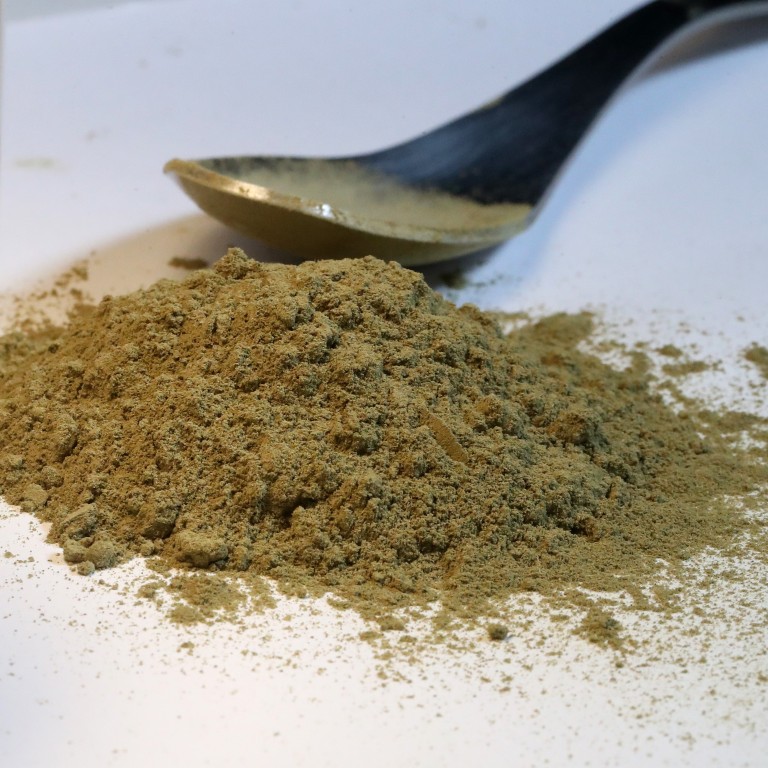
Hong Kong lawmakers call for controls on kratom, the supplement known as ‘legal heroin’
- Kratom leaves contain chemical compounds that cause stimulatory or sedative effects similar to those in opioids such as heroin and opium
- It is not regulated in Hong Kong and many other places, but legal and medical experts are saying it should be
Hong Kong lawmakers have called for controls against a potentially addictive herbal substance known as “legal heroin” now available in the city.
The leaves, which can be chewed, brewed as a tea or ground, contain chemical compounds that cause stimulatory or sedative effects in different doses. These effects are similar to those in the opioid drug class, which includes heroin and opium, some of the most addictive of all known substances.
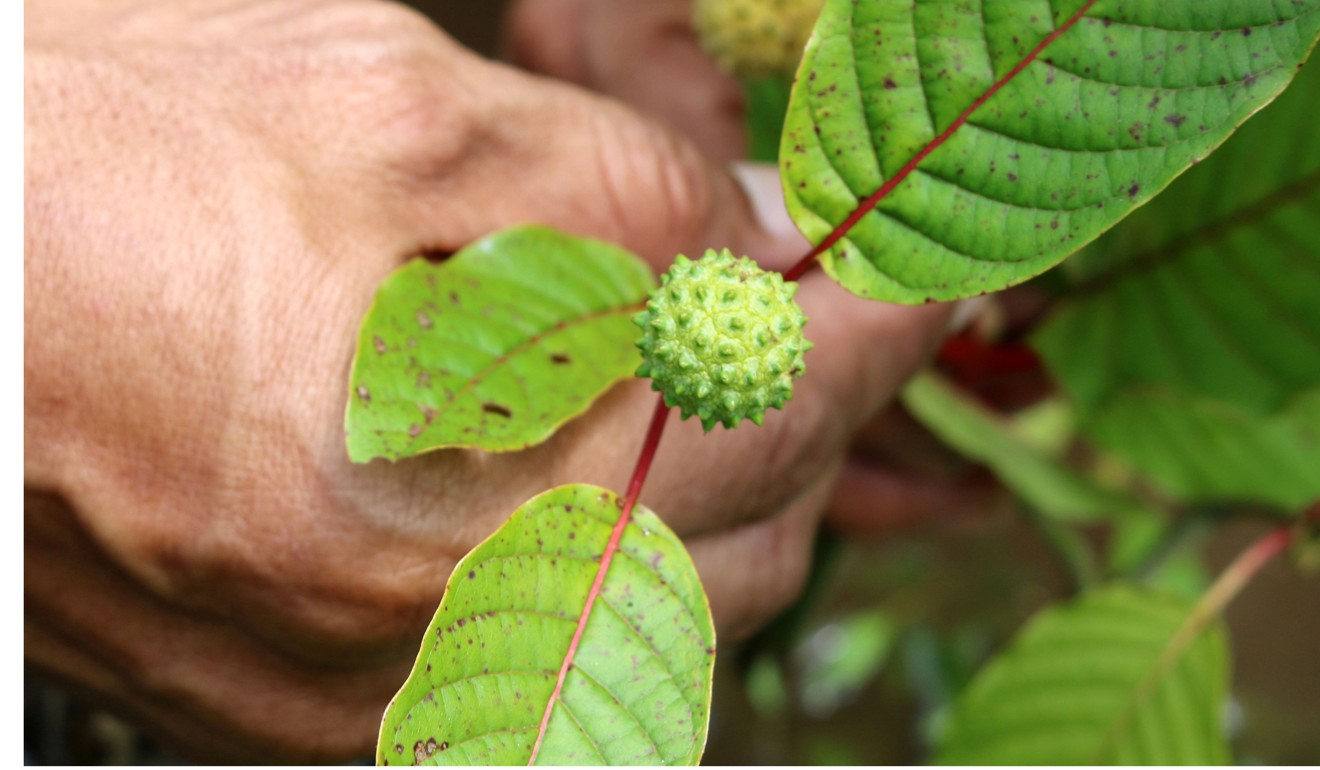
Many countries in both the developed and developing world have made kratom illegal, while some countries have partially legalised it or had petitions to legalise it, resulting in widespread debates on the substance.
In Hong Kong, kratom and its active ingredients mitragynine and 7-hydroxymitragynine are not regulated by law and are not named in the Dangerous Drugs Ordinance and the Pharmacy and Poisons Ordinance.
Many people in Hong Kong have never heard of it, including at least 10 herbal supplement outlets which were asked if they supplied it. But This Week in Asia found a limited number of Hong Kong retailers selling kratom online or offline, and bought 50g of yellow maeng da kratom powder for HK$150 at an outlet in western Kowloon in January. Other available strains were white, yellow, red and green.
The manager, Bertrand Noiset, said the Hong Kong market was a niche one and customers were limited. They were usually locals or overseas Chinese in their late 20s to 50s. There were some expats too.
He recommended cautious use and small doses, providing consumption details on his website. No warning of the potential risks were included. Noiset, who is an infrequent kratom user, said it was not like other addictive drugs. He believed that users would become addicted only if they took high daily doses for months.
It all depends on how much you take. It’s just like wine. One glass of wine is nice. You drink a bottle, you’re drunk.
“It all depends on how much you take. It’s just like wine. One glass of wine is nice. You drink a bottle, you’re drunk,” he said.
“In the US and Canada, people who are already addicted to heavy drugs take it to remove symptoms, so actually it can have good uses … A guy explained to me it saved his life.”
Noiset sells as much as 2kg of kratom powder in a month if business is good.
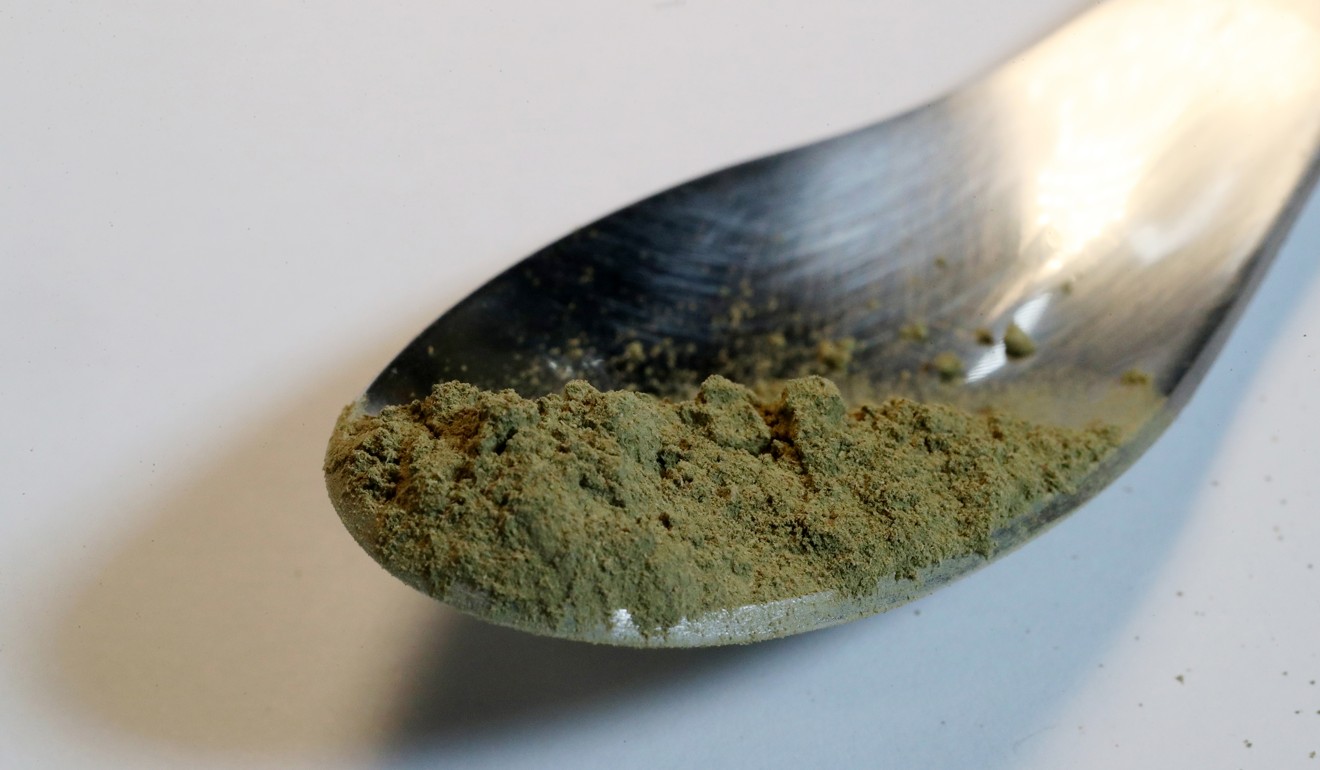
Besides his store, there is a Hong Kong-based online retailer specialising in providing kratom, as well as a choice of numerous online sellers around the world, including mainland China. Some said they would deliver to Hong Kong.
A first-time kratom user, who preferred to remain anonymous, said the product tasted complex and mildly bitter, but soon after taking his first teaspoon of the powder, he could feel his chronic pain subside.
“Rather than saying I am stoned, a state in which you stare blankly at random things, I find it easier to focus on a particular task without distractions – and I work consciously,” the Hongkonger, 42, said. “My neck pain and lower back pain always make it difficult to sit for more than 30 minutes to read a book, but after taking a teaspoon of this, I felt more attentive,” he said.
After using it for a week, he felt no withdrawal symptoms but its pain-reducing effects weakened.
Kratom, the herbal supplement from Indonesia that has US drug agencies worried
Despite these apparent benefits, a local drug abuse expert warned against overlooking the risks.
Psychiatrist Ben Cheung Kin-leung, who chaired the Action Committee Against Narcotics (ACAN), an influential advisory body which works with the Narcotics Division under the Security Bureau, said scientists in other countries did not know much about kratom, but it definitely had the potential to be abused.
Besides two components which acted on mu-opioid receptors in the nervous system like other opioid drugs, scientists were not clear about what other effects kratom could have in the brain and its potential addictiveness, due to the challenges of singling out other psychoactive ingredients, Cheung said. “Other countries have regulated it for its effects [on mu-opioid receptors] which are good enough to make it qualified to be a drug of abuse, because it was similar to a substitute of opioid drugs.”
The ACAN, which is made up of medical experts, health officials and law enforcement representatives, has never discussed kratom, and there are no plans yet to propose any regulation, according to Cheung.
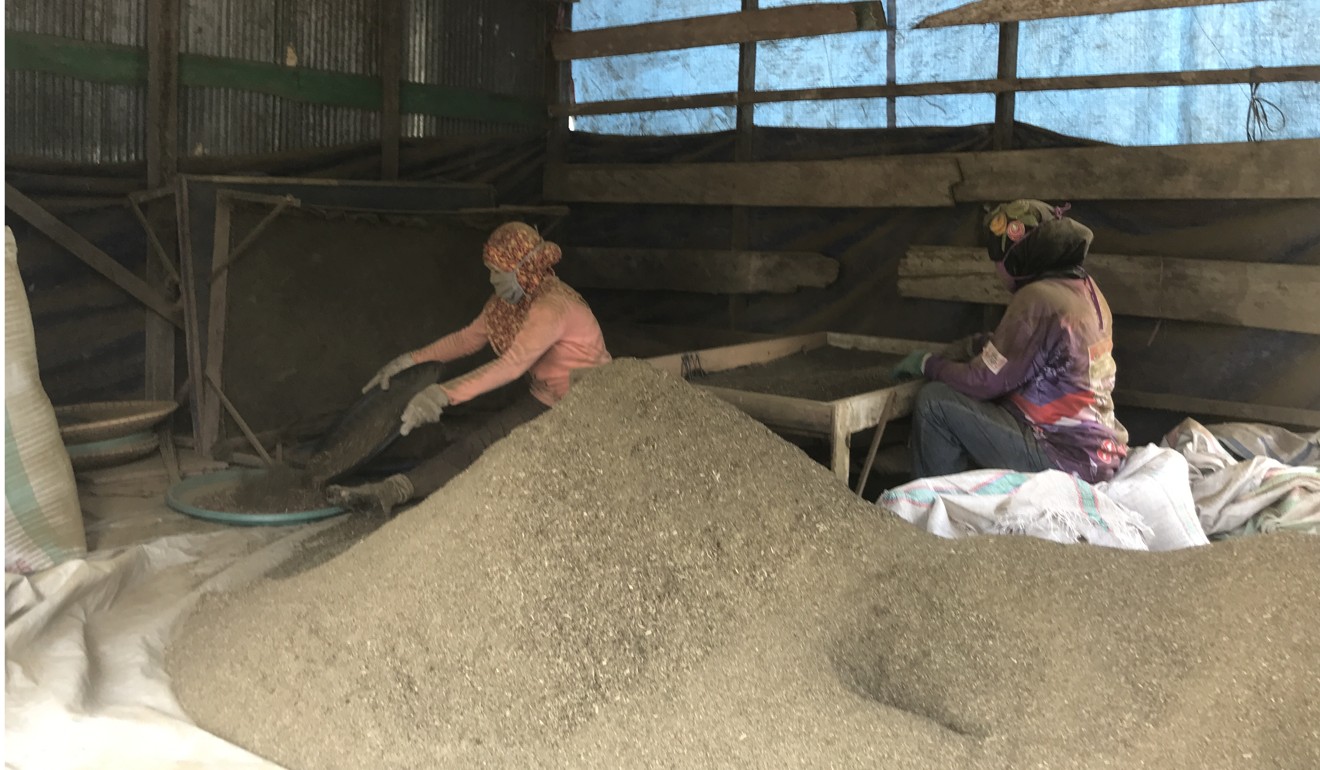
He said there was no urgency to bring it under control because of its scarcity in the city and limited awareness about it. In fact, there was a risk that legislation could draw attention to it, he said.
But the committee could put it under observation, like other potentially addictive substances, and would start to pay more attention if local clinical cases began to emerge, he said.
Lawmakers did not share his views. Legislator and urologist Kwok Ka-ki said legislation was urgently needed, given the growing number of users around the world.
You have to [take action] earlier than when it starts [to spread] … you have to be faster or you will be defeated.
“Putting it under observation is useless, it will just mean you’re expecting its arrival,” Kwok argued.
He drew a comparison with the drug ketamine.
“You have to [take action] earlier than when it starts [to spread]. You want to catch something by laws, you have to be faster or you will be defeated.”
Kwok said he would write to the Commissioner for Narcotics Ivy Law Chui-mei to ask for an explanation as to why kratom was not covered under the Dangerous Drugs Ordinance.
Another lawmaker, James To Kun-sun, said the authorities should start studying kratom and not wait until it became fashionable and widely used. And if its hazards were proven, they would have sufficient reasons to make laws against it.
“If this substance has no other reasonable legitimate uses and is common, a legal control is already accepted,” To said.
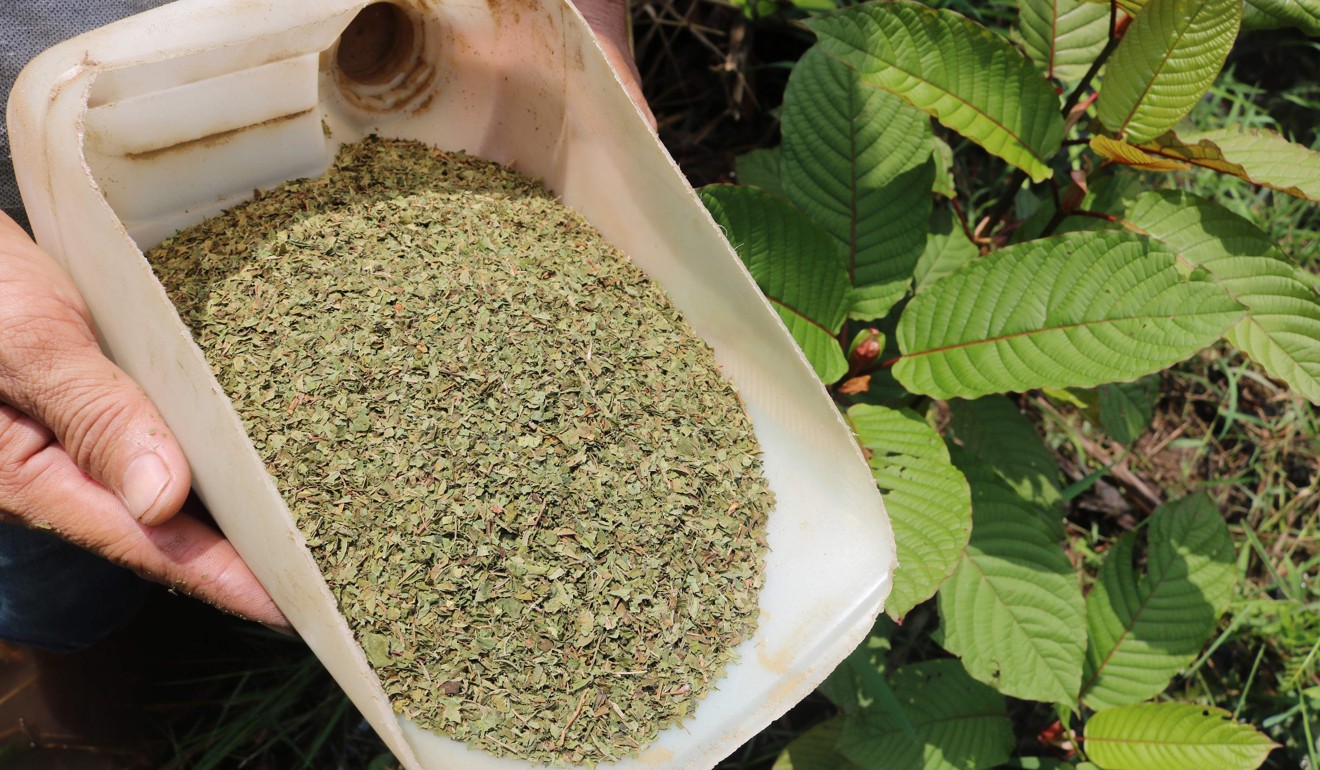
Kratom retailer Noiset said he was open to legal control, but not just yet. “It’s not possible to make regulations for so few users. I don’t think it’s appropriate at this time.”
Hong Kong’s Security Bureau did not say if it was aware of kratom consumption in other countries and its possible risks, or whether it would consider legal controls for kratom and under what circumstances. A spokeswoman said the Narcotics Division monitored local and overseas drug trends and the emergence of new substances by working with relevant departments and stakeholders so they could bring dangerous new drugs under legislative control in a timely manner.
Hong Kong police and customs have made no seizures of kratom in the past three years.
The Department of Health said there were no registered pharmaceutical products in the city containing kratom or its alkaloids.
Indonesia cashes in on kratom amid debate over the plant’s health benefits
Kratom is not classified as a narcotic by the United Nations and kratom-derived products can be freely imported and exported in many countries. In the US, debates on the use and legality of kratom have escalated in recent years. The number of users in the US reached 15 million last year, according to the American Kratom Association.
The herb, which is widely promoted as a “legal high”, is not outlawed on a federal level, although the Drug Enforcement Administration (DEA) is considering labelling it a Schedule I drug – a category that includes heroin, marijuana, LSD and Ecstasy. It has been on the DEA’s list of drugs and chemicals of concern for several years.
The US Food and Drug Administration (FDA) has approved no medical or recreational uses for kratom and it is not marketed as a drug or dietary supplement. In February 2018, 44 deaths related to kratom had been identified in the US, but many of the cases could not be fully investigated because of limited information.
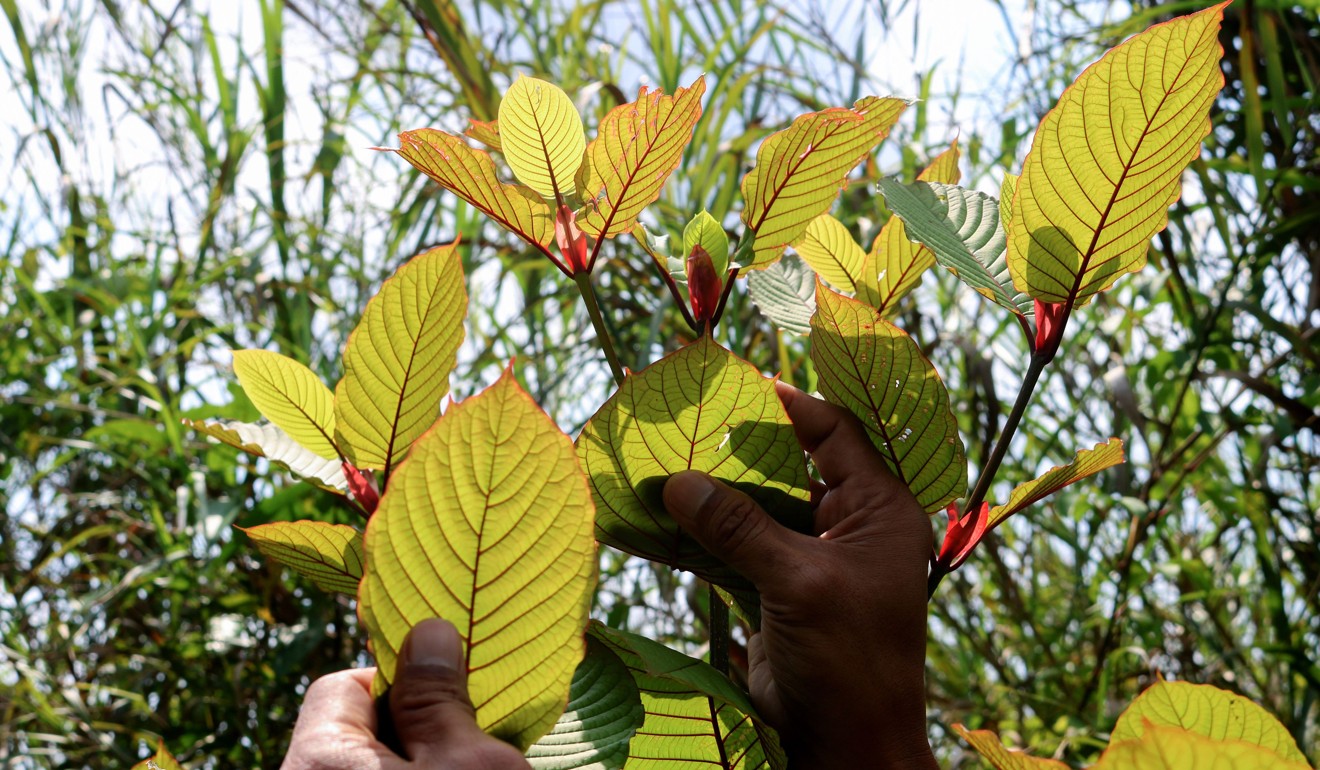
In April last year, the FDA warned people to stay away from any products containing kratom or its psychoactive compounds as it could expose them to the risks of addiction, abuse and dependence.
Kratom has been controlled in Britain under the Psychoactive Substances Act since March 2016. It is illegal to produce, supply, sell, import and export it, although simple possession is legal.
It is a controlled substance in Singapore, Australia and New Zealand, and in Taiwan it is controlled as a third-class drug. Kratom’s legal status in mainland China is not clear.
Meanwhile, Thailand, which banned kratom in 1943, endorsed its medical uses in 2018, becoming the first Southeast Asian country to take such action, which also applied to marijuana. ■

